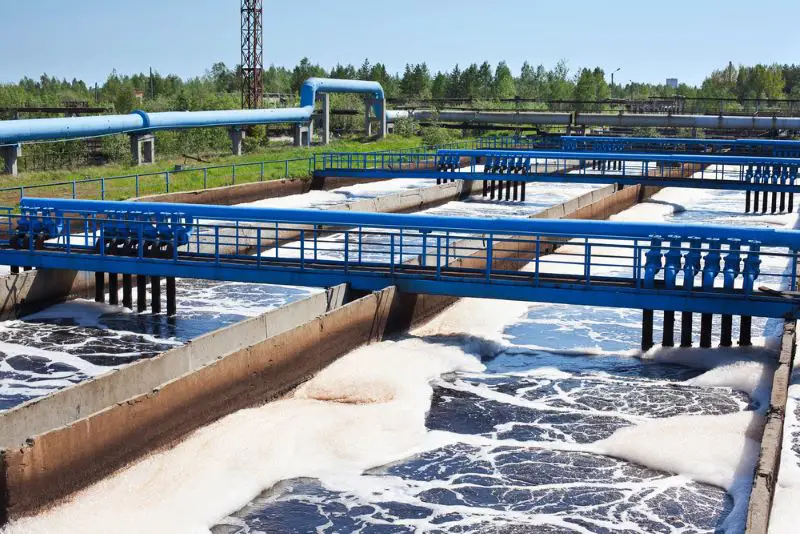Click here to get this post in PDF
To protect our environment, especially water sources, from hazardous chemicals, we must treat any wastewater from our homes and commercial industries.
Wastewater is the water we have used from our home kitchen sinks, dishwashers, bathrooms, showers, toilets, washing machines, or industrial waste from manufacturing. We must clean wastewater properly because it goes back to our water reserves and pollutes them if left untreated.
Homes and industries must install basic water treatment processes such as sludge dewatering and filtration to treat wastewater effectively. Besides wastewater from inside our homes, we should also recycle the water that runs off from the storm drain during rainy seasons for clean use.
Consequences of Not Properly Treating Your Wastewater
There are various consequences of not properly treating your wastewater. First, we expose our physical bodies, clean water sources, and the environment to harmful chemical hazards.
When untreated wastewater is left to drain into our existing clean water sources, we risk:
Destroying our agricultural land
Our crops and plants rely on water to grow and produce. Besides rainwater, wastewater from urban areas and industries drains into the agricultural land around the cities. Untreated wastewater will introduce toxins to the plants, trees, and crops on farms, killing them over time.
Damaging wildlife’s natural habitats
Untreated wastewater flows into the forests, the natural habitat for wild animals. The damage to the ecosystem risks migration and death of wildlife as their home becomes inhabitable. Our pets and domestic animals are also at risk of health-related complications from consuming contaminated plants and water.
The health of human beings
Untreated wastewater is toxic to humans if it gets into clean drinking water sources. In addition, contaminated water diseases such as diarrhoea, cholera, and typhoid are at risk of spreading within the population and can be fatal.
Untreated wastewater is a breeding ground for parasites like the amoeba, tapeworms, and harmful pathogens. When these micro-organisms contact humans or food, they bring on health-related complications.
Avoid coming into contact with untreated water for any household activities. If you do, unknowingly, ensure you boil any water brought into the home before use. However, water treatment is a long-term and effective solution to wastewater recycling.
Although the putrid smell of untreated water can be overwhelming, it does not pose a direct threat to human beings. However, it attracts bugs such as mosquitoes, which are a health hazard to people. Therefore, a bug-infested and foul-smelling area will be avoided by people, hindering the human habitation and development of such places.
Non-compliance with the local authority regulations
For industries or manufacturing companies, part of their social responsibility and health compliance, as required by national regulations, is to ensure the proper treatment of their wastewater. In addition, their legal obligation is to ensure that their surroundings are free from toxins and contaminants from their operations. You risk criminal charges if you knowingly endanger the environment as a business entity.
Our responsibility is to prevent waterborne illnesses and live a healthy lifestyle by treating all wastewater from our homes. Our quality of life is better when our water sources are safe and healthy for consumption.
Conclusion
Improper treatment of wastewater is detrimental to public health and our entire environment. Wastewater treatment solutions are readily available for homes and middle-size industries. One can easily have a wastewater management company install water filtration systems or sludge dewatering equipment for industries or home use. When we reduce the harmful contaminants in our water, we protect our freshwater sources for environmental, social, and economic sustainability.
You may also like: 4 Major Causes of Water Contamination and Ways to Fix Them
Image source: Depositphotos.com

